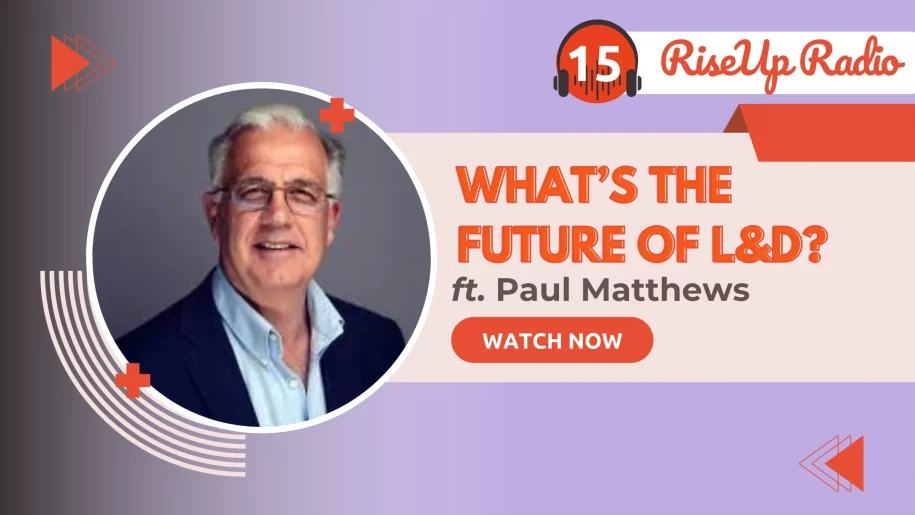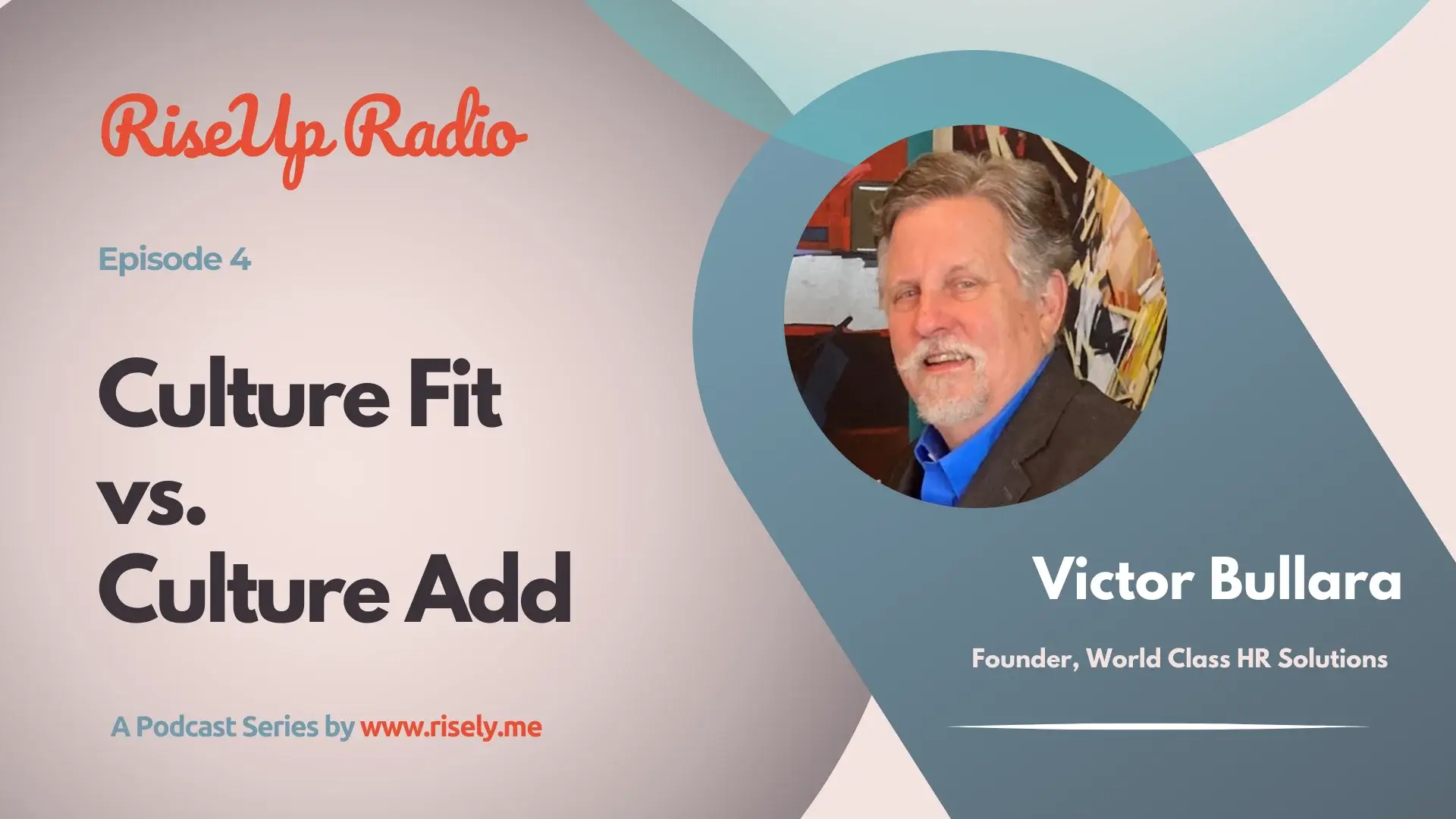Future of Training and Development with Paul Matthews from People Alchemy
Join Ashish and Paul as they discuss the future of training and development when AI enters the playing field. Primarily, the podcast takes on:- How should training evolve to be fit for the future, given the perception that current training methods are often boring and ineffective?
- How can learning transfer be improved so that learning is more sticky and leads to habitual behavior change?
- What is the future of L&D, particularly with the advent of AI, and what are the key drivers for change in the L&D landscape?
Watch Now
Meet the Speaker

Paul Matthews is founder of People Alchemy, an automated learning workflow platform which encourages real behaviour change through action, activities and tasks. He authored three books, ‘Learning Transfer at Work’, ‘Informal Learning at Work’ and ‘Capability at Work.’
Connect with Paul: LinkedIn
Key Takeaways on the Future of Training and Development
- Training alone is inadequate for behavioral change: Training should be viewed as part of a larger set of interventions and experiences that enable people to better execute an organization’s strategy.
- Learning transfer is crucial: Training programs must incorporate elements that promote learning transfer on the job, such as repetition, practice, and experimentation, to ensure that learning translates into behavioral change. One model suggests using 12 levers to promote learning transfer.
- Relevance and context are key: Learning content needs to be personalized and relevant to an individual’s specific context, challenges, and problems for it to be effective.
- Learning should happen in the flow of work: Providing support and learning opportunities at the point of work, when they are needed, can be more effective than traditional training sessions.
- L&D needs a strategic mindset: The L&D function needs to be more strategically involved in executing organizational strategy, focusing on how to enable people to perform effectively at the point of work, rather than just providing training on request.
- AI is a powerful tool with potential and risks: AI has the potential to shape up the future of training and development a lot, but it also has risks, such as the possibility of AI-generated content becoming corrupted over time. There is a wide range of attitudes toward AI among L&D professionals.
- Focus on better content that grabs attention: Rather than blaming short attention spans, L&D professionals should focus on creating better, more engaging content that is relevant to learners.
What four pillars shape the future of leadership development?
According to the discussion between Ashish and Paul, the future of leadership development is shaped by four key pillars:- Hyper-personalized content: Content should be tailored to the individual’s specific context, problems, and challenges, rather than being generic. This is essential for ensuring relevance and maximizing the impact of learning. If the content is not personalized, it may not be valuable to the learner because their context is different, as we often see with ineffective manager development programs.
- In the flow of work: Learning needs to be integrated into daily work routines, providing support and solutions when they are needed, instead of relying on separate training sessions. This approach enables learning to become more habitual and effective for your people.
- On-demand support: Your team should have control over their learning, accessing support and resources when they need them, rather than having content pushed to them at pre-determined times. This allows for greater flexibility and relevance.
- Solution-oriented and action-oriented content: Learning content should focus on solving specific problems that learners are facing and provide them with practical steps that they can implement immediately, rather than just imparting knowledge. The goal is to help people take action and see results.
Meet the Host!

Ashish is an entrepreneur tackling workplace development challenges through Risely, an AI copilot that helps managers and leaders build essential people skills.
Drawing on his experience in technology and organizational behavior, he’s passionate about creating scalable solutions that transform how companies develop their talent. His mission is to empower leaders to build thriving teams and sustainable organizational success.
Connect: LinkedIn
Grab free assessments to support you on the leadership journey!
Explore your capabilities in 30+ core and advanced leadership areas with Risely’s suite of assessments.


